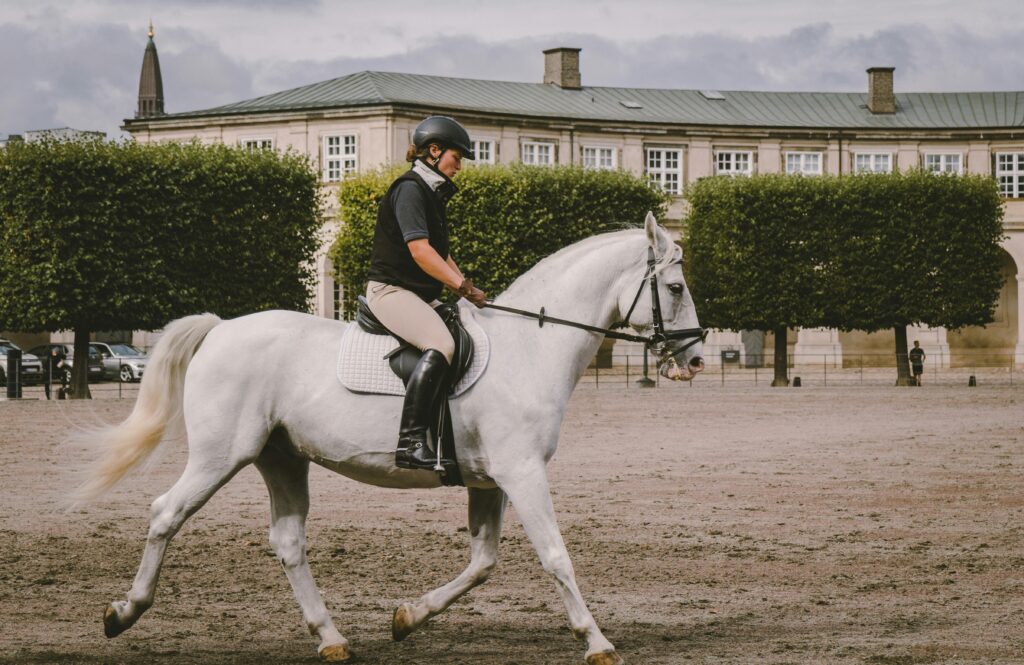For many riders, deciding whether renting or owning a horse is one of the biggest choices they’ll face. Both options come with unique benefits and responsibilities, and the right decision depends on lifestyle, budget, and riding goals. Owning a horse can offer a deep sense of connection and freedom, but it also involves ongoing care, financial commitment, and time. Renting or leasing can provide flexibility and a chance to experience different horses without the same long-term responsibilities, making it an appealing option for certain riders.

Understanding the commitment involved
Horse ownership is a significant responsibility that goes far beyond riding. Horses require daily care, proper nutrition, regular veterinary check-ups, and equipment upkeep. Owners also need to factor in feed, stabling, farrier visits, and the occasional purchase of horse supplements to support their animal’s health.
Renting or leasing a horse shifts much of that responsibility to the stable or owner, making it easier for riders who want to enjoy riding without being tied to the day-to-day tasks of horse care. This can be a great stepping stone for those considering full ownership in the future.
Considering your riding experience
For people that discover horseriding for the first time, renting often makes the most sense. It allows beginners to focus on learning riding skills, building confidence, and understanding the basics of horse care without committing to ownership right away.
As skills develop, some riders may naturally gravitate toward ownership, wanting a consistent partner to progress with and bond over time. However, starting with rentals or partial leases offers valuable experience in handling different horses and situations.
Evaluating your lifestyle and availability
Owning a horse is a time-intensive commitment, and riders need to consider how often they can realistically spend at the stable. Those with busy work schedules or unpredictable commitments might find it challenging to provide the consistent care horses require.
Renting offers more flexibility, allowing riders to enjoy time in the saddle without worrying about daily feeding, grooming, or turnout schedules. This flexibility can make riding more enjoyable for people who have other priorities competing for their attention.
Practicing responsible ownership or use
Whether renting or owning, responsible riding should always be a priority. This means choosing a horse suited to your skill level, riding safely, and treating the animal with respect both on and off the saddle.
Responsible riders also pay attention to the horse’s wellbeing, making sure they’re not overworked and have the right balance of exercise, rest, and care. It’s a shared responsibility between riders and owners to keep the horse healthy and happy.
Weighing long-term goals
If riding is a lifelong passion and you’re ready for the commitment, ownership can be incredibly rewarding. The bond formed with a horse you care for daily can be unique and fulfilling.
For those who want variety, flexibility, or a way to explore riding without a large financial investment, renting remains a practical and enjoyable alternative. Both paths can lead to a meaningful riding experience if approached thoughtfully.

One comment on “How to Decide Between Renting or Owning a Horse for Riding”